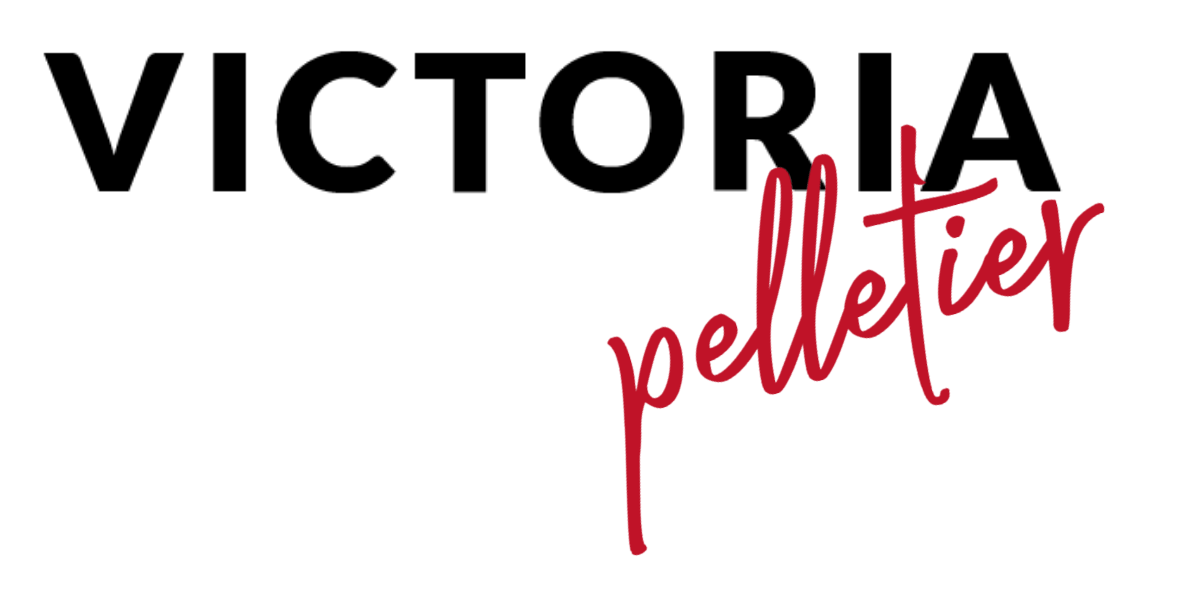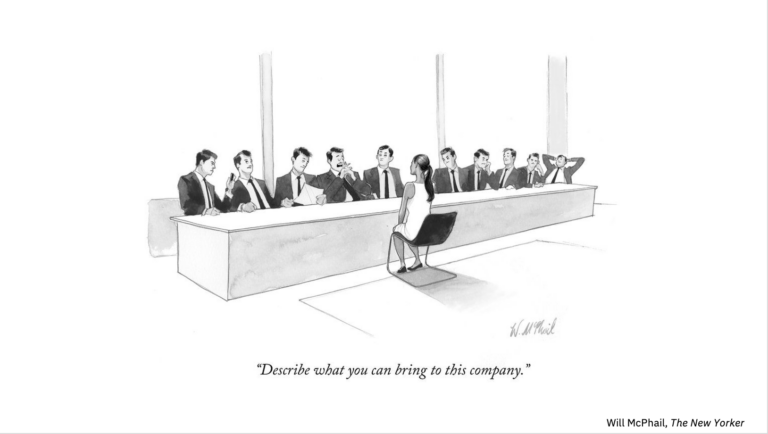
Prejudice, Pride, Change
A paradigm shift is underway in our public schools. For generations, public schools enabled bullying toward LGBTQ+ persons, because many administrators were homophobic like the students perpetuating the cycle of bullying. Early attempts to create a more inclusive and safer environment in public schools largely failed because they addressed problematic behavior – bullying – instead of addressing the underlying issues that led to problematic behavior in the first place. Thankfully, our schools are not only changing, but becoming models for businesses and other organizations. In fact, many school districts now hire DEI administrators and a complementary staff to implement district wide practices that support inclusion and equity. In many settings, public schools are out ahead – far ahead – of their communities on equity work. Change is possible, and schools are often leading the change.
For years I’ve found myself at the leading edge of equity work on behalf of the LGBTQ+ community. I can say with some confidence, that, despite absurd Florida governor rulings and the draconian Supreme Court decisions of late, our society is moving toward fuller equity and inclusion. We are changing for the good. By the end of 2022, an estimated 1.4 million LGBTQ+-run small businesses will account for more than 1.7 trillion in revenue.1 While the numbers are impressive, the community impact these businesses bring to their contexts is even more inspiring. LGBTQ+ business excel at justice work, giving back time and profit to organizations that make significant contributions to neighborhoods, schools, artistic endeavors, and medical entities. For example, the Black-owned, LGBTQ-owned business “Flipstick,” consistently donates 50% of its profits to a nonprofit organization in St. Louis, Missouri, focused on medical-care disparities in the LGBTQ community.2 On the marketing front, we see more and more legacy businesses featuring same-gender couples and queer persons in their advertisement work. At the corporate level, DEI is no longer a “fad initiative,” but a department-level entity with executive leadership and robust funding to support diversity, equity, and inclusion endeavors. Business is changing for the good.
That said, there’s plenty of equity and justice work to do on behalf of LGBTQ+ persons, businesses, and organizations. Looking for a few places to get started in your environment? Let me offer a few. For starters, ensure that your business’s guiding documents underscore the business’s commitment to a culture where all feel valued and everyone is treated with dignity and respect. You may be thinking, “Duh!” as I offer this directive. Believe me, a lot of businesses don’t even have this.
If your guiding language is in place, then develop policies that touch on issues like recruitment, employee welfare & dignity, as well as working conditions, family leave, etc. What about a policy for preferred pronouns? Don’t overlook this one! Everyone is your organization should have easy access to these DEI policies and understand the consequences of actions that dismiss and/or diminish the personhood of another member of the business team. Along these lines, it’s always important to articulate who will respond to allegations of misconduct. Most importantly, anything you attempt to do on behalf of LGBTQ+ colleagues, from Pride Events to robust DEI initiatives, must have the full support of your business’s leadership. If the support is not in place, be the one to call your colleagues to task. Apathy is not an option. They must change.
Andy Warhol famously quipped, “They always say time changes things, but you actually have to change them yourself.” As we continue to celebrate PRIDE in our schools, businesses, and communities, let’s never overlook our ability to change. If we can change, then landscapes, old priorities, and tired prejudices can experience transformation too.



